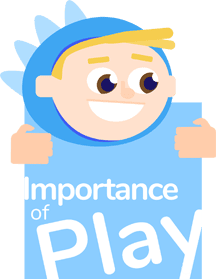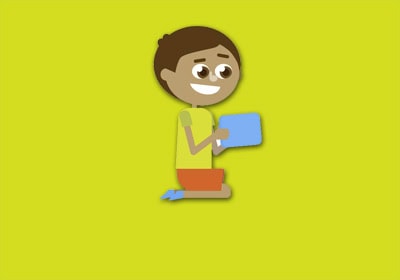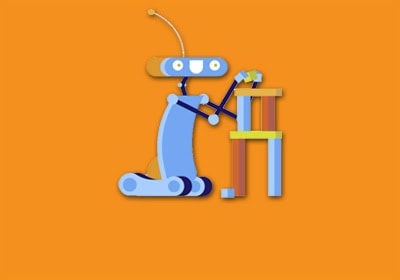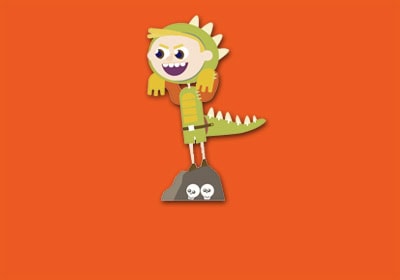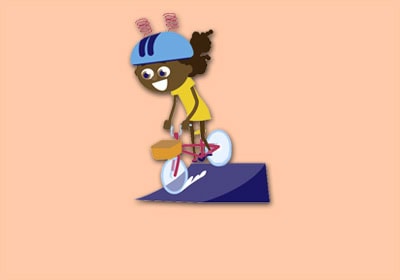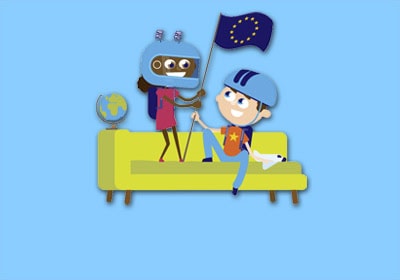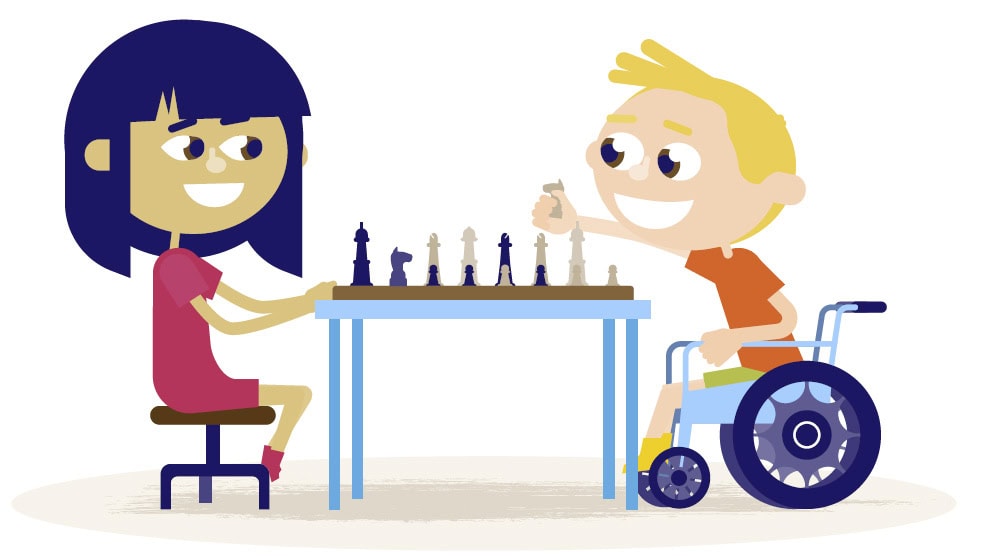
Play 4 Skills
Why play for skills?
The value of play in developing lifelong skills is increasingly recognised, by researchers and within the policy arena.The importance of play is listed in the Council Recommendation on High-Quality Early Childhood Education and Care Systems. Skills gained from play not only underpin academic achievement, but also supports children in whatever path they choose for their future.
Examples of the skills developed through play
Play helps develops many different types of skills in early and later childhood such as:
- Communication skills like the ability to interpret body language, and verbal understanding of language and voice tones.
- Cognitive skills such as problem-solving, memory and the ability to learn.
- Creative skills like imagination, risk-taking and imagination.
- Physical Skills like fine motor ability and muscle control.
Types of play 4 skills
- Group play (Communication skills)
- Exploratory play (Creative skills)
- Play with objects (Cognitive and physical skills)
